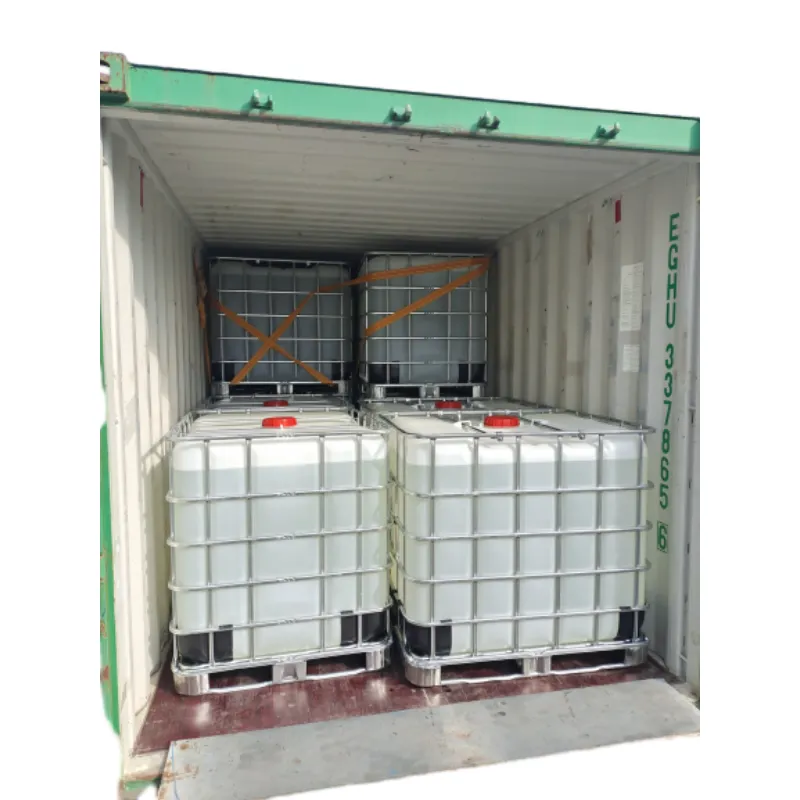
gelling agent ins 407
Understanding Gelling Agents Focus on INS 407
Gelling agents play a crucial role in the food industry, where they are used to alter the texture and consistency of various products. Among these agents, INS 407, also known as carrageenan, has gained prominence due to its unique properties and versatility. Derived from red seaweed, carrageenan is commonly employed in a wide array of food products, including dairy items, meat products, and beverages, making it essential for both food manufacturers and consumers to understand its implications.
What is INS 407?
INS 407 is a food additive categorized as a thickening agent, stabilizer, and gelling agent. It is extracted from species of red algae, mainly from the genera Chondrus, Eucheuma, and Gigartina. Carrageenan is particularly effective in creating a gel-like consistency, making it suitable for products that require a specific texture, such as jellies, puddings, and sauces. Since it is plant-derived, it is often seen as a preferred alternative to gelatin, particularly in vegetarian and vegan food products.
Applications of INS 407
Carrageenan is widely used in the food industry due to its ability to form gels and stabilize emulsions. In dairy products, it helps maintain the creamy texture of products such as chocolate milk, yogurt, and ice cream. It prevents the separation of ingredients, ensuring a uniform product. In meat processing, carrageenan is employed to retain moisture, improve mouthfeel, and extend shelf life. Additionally, in dessert applications, it is used to create smooth textures in products like mousses and parfaits.
Beyond the food industry, INS 407 has found applications in pharmaceuticals and cosmetics. It serves as a thickening agent in various formulations, ensuring that products have the desired consistency and stability.
gelling agent ins 407

Safety and Controversies
While INS 407 has been approved for use by numerous health authorities, including the FDA and the European Food Safety Authority (EFSA), it has not been without controversy. Some studies have suggested potential gastrointestinal issues associated with carrageenan consumption, particularly regarding its degraded forms, which can provoke inflammation and digestive discomfort in some individuals.
Moreover, the debate surrounding carrageenan primarily stems from concerns over its processing and the presence of carrageenan fragments that may elicit adverse effects. It is crucial for consumers to be aware of their sensitivities and to advocate for transparency in ingredient labeling. However, the bulk of scientific evidence still supports the notion that carrageenan, when consumed in moderate quantities, poses no significant health risks.
Conclusion
INS 407, or carrageenan, is a widely used gelling agent that enhances the texture and stability of food and non-food products. Its derived nature makes it a popular choice in vegetarian and vegan formulations, offering an alternative to animal-derived gelatin. While there are valid concerns and debates surrounding its safety, regulatory bodies continue to endorse its use in food products.
Understanding the role of INS 407 provides consumers with insight into what they are consuming, empowering them to make informed choices about their diets. As the food industry advances and adapts to consumer demands, gelling agents like carrageenan will play an essential role in meeting the expectations for quality and consistency in food products. As always, moderation and awareness are key to enjoying a diverse and healthy diet.
-
Aluminum Hydroxide: Quality Gels & Dried Gel AntacidNewsAug.31,2025
-
Buy High-Quality Trichloroisocyanuric Acid for Sale | TCCA 90% SupplierNewsAug.30,2025
-
Pure Sodium Dichloroisocyanurate Dihydrate | Powerful DisinfectantNewsAug.29,2025
-
Industrial Chemicals: Quality & Purity for Every IndustryNewsAug.28,2025
-
Nitrile Rubber Honoring Strict Production StandardsNewsAug.22,2025
-
Aspartame Ingredients Honoring Food Safety ValuesNewsAug.22,2025
-
Fertilizer for Balanced Plant NutritionNewsAug.22,2025
Hebei Tenger Chemical Technology Co., Ltd. focuses on the chemical industry and is committed to the export service of chemical raw materials.
-

view more DiethanolisopropanolamineIn the ever-growing field of chemical solutions, diethanolisopropanolamine (DEIPA) stands out as a versatile and important compound. Due to its unique chemical structure and properties, DEIPA is of interest to various industries including construction, personal care, and agriculture. -

view more TriisopropanolamineTriisopropanolamine (TIPA) alkanol amine substance, is a kind of alcohol amine compound with amino and alcohol hydroxyl, and because of its molecules contains both amino and hydroxyl. -

view more Tetramethyl Thiuram DisulfideTetramethyl thiuram disulfide, also known as TMTD, is a white to light-yellow powder with a distinct sulfur-like odor. It is soluble in organic solvents such as benzene, acetone, and ethyl acetate, making it highly versatile for use in different formulations. TMTD is known for its excellent vulcanization acceleration properties, which makes it a key ingredient in the production of rubber products. Additionally, it acts as an effective fungicide and bactericide, making it valuable in agricultural applications. Its high purity and stability ensure consistent performance, making it a preferred choice for manufacturers across various industries.





